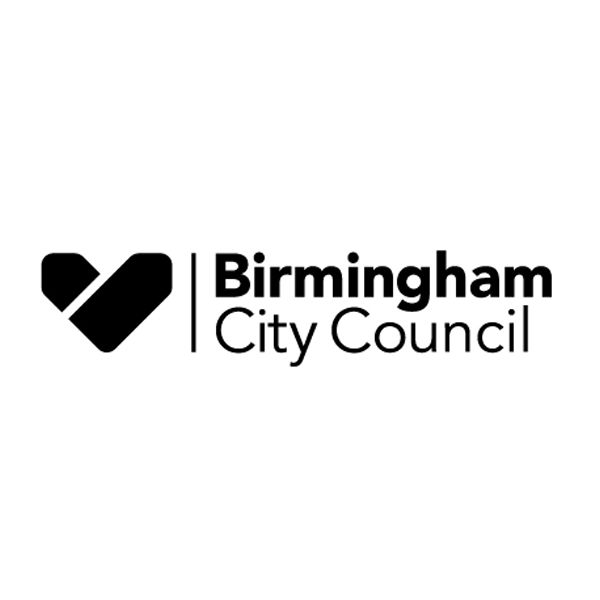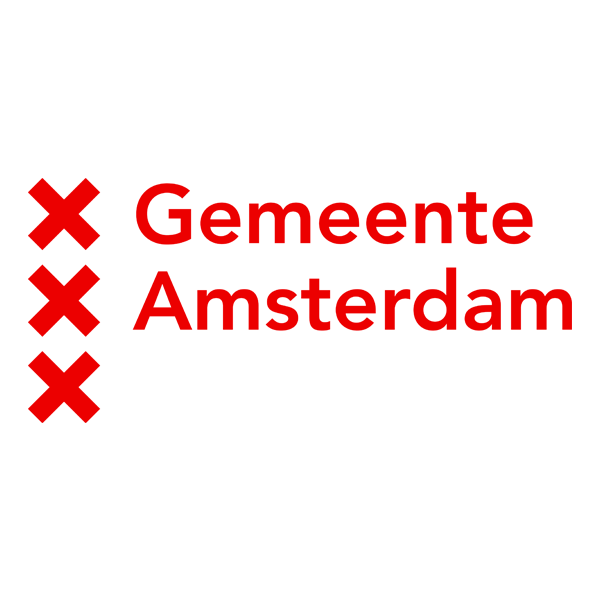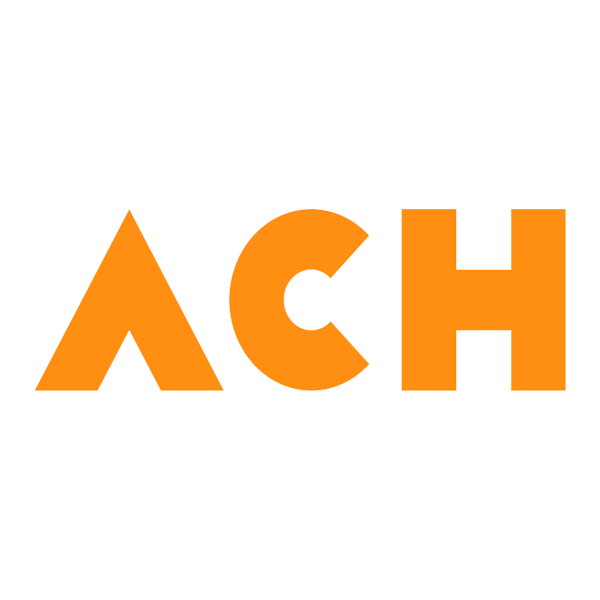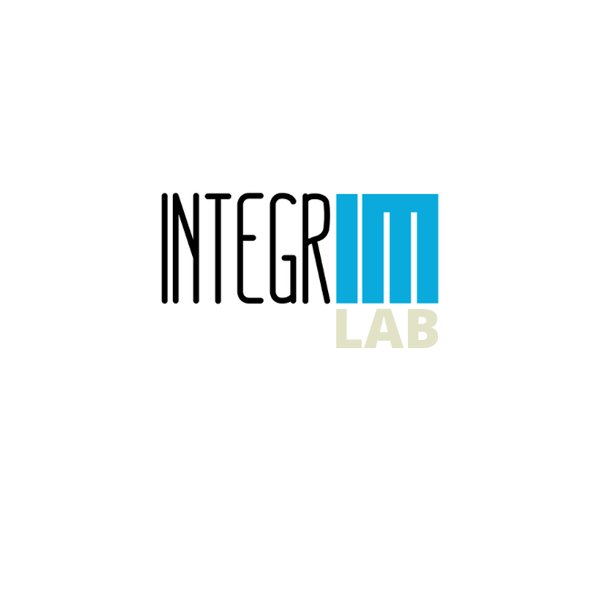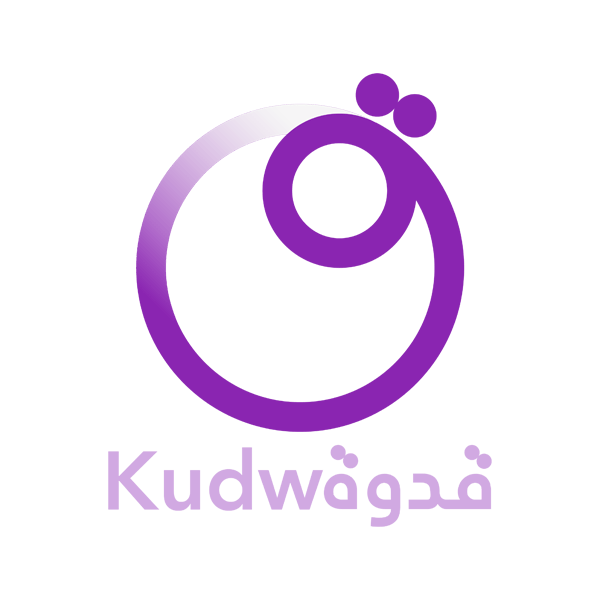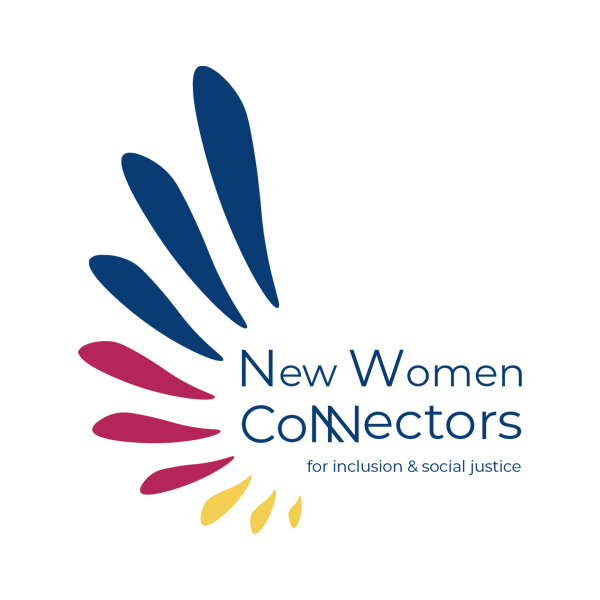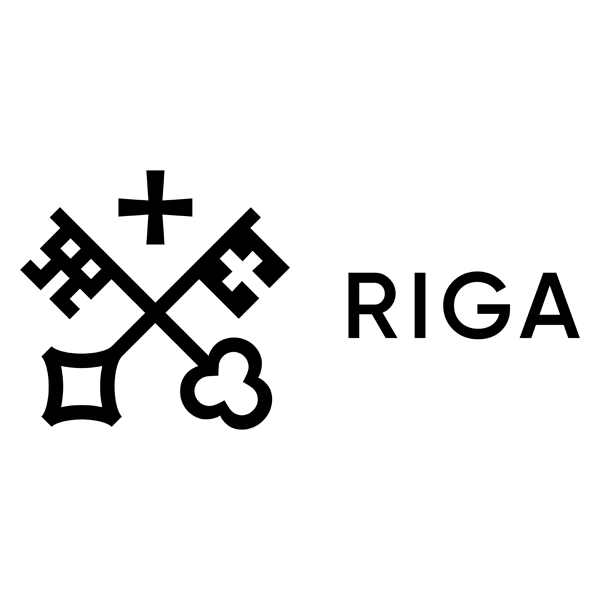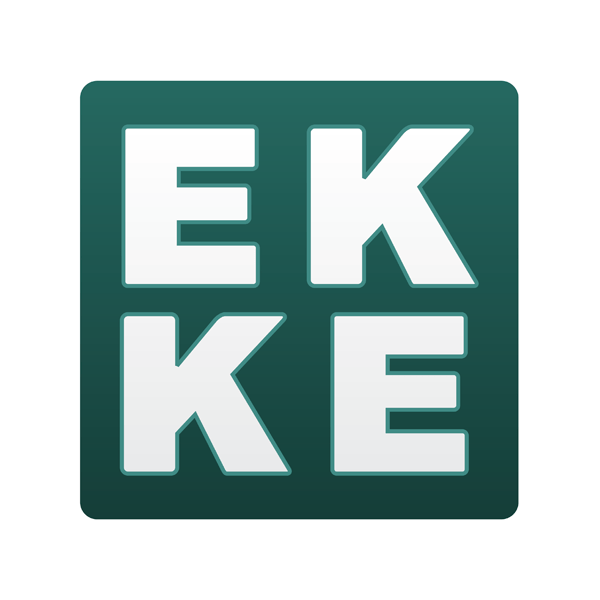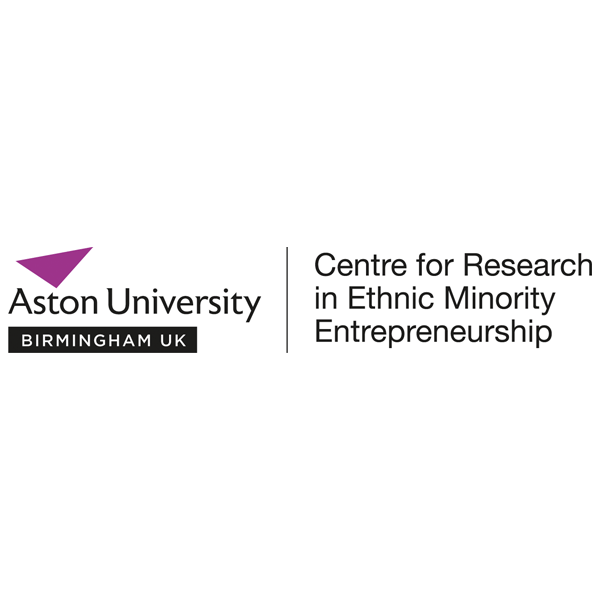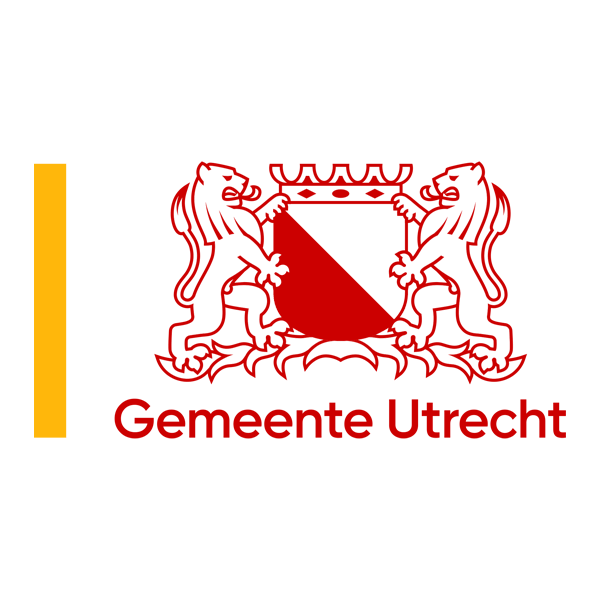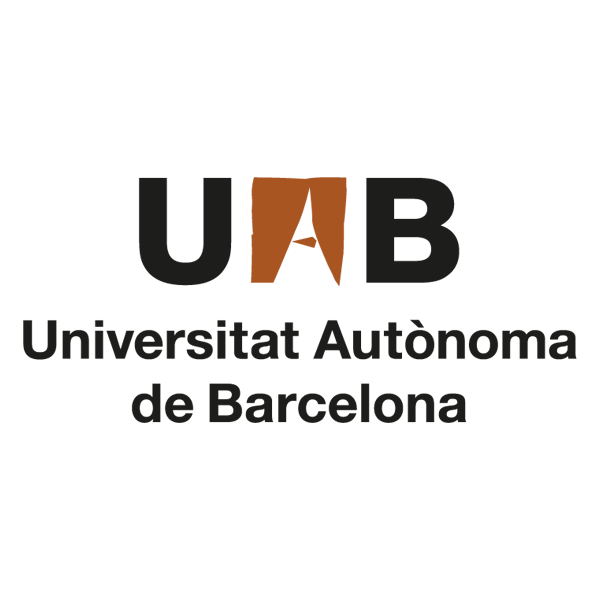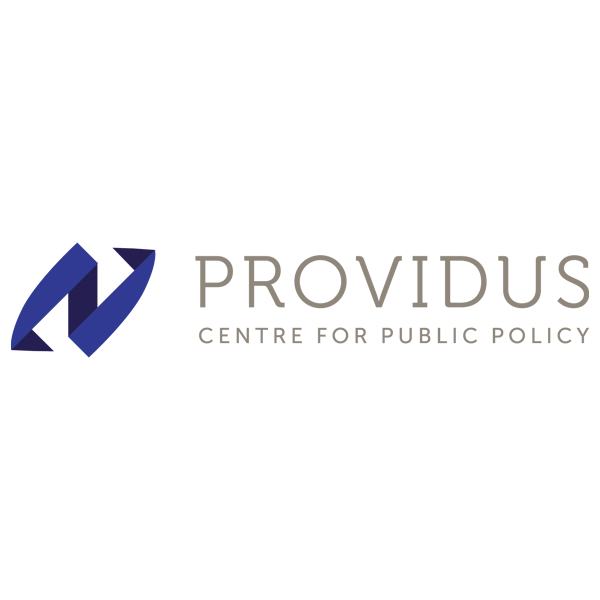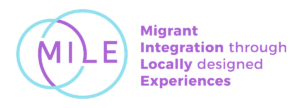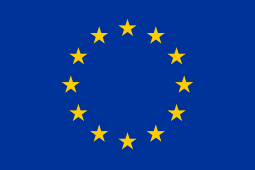The project
MILE stands for Migrant Integration through Locally designed Experiences and is about empowering the local community as a whole, including migrant communities. MILE is two-year project co-funded through the European Union’s Asylum, Migration and Integration Fund and involves partners in six European countries: Belgium, Greece, Latvia, Spain, the Netherlands, and the UK.
MILE is based on the idea that policy-making – especially at the local level – should be a co-creation process that reflects the diverse population of cities and gives migrants a say. By involving municipalities, migrant groups, and research teams across Europe, MILE aims to empower migrants and refugees and help to build lasting connections between migrant groups and local governments in Europe.
For this, MILE will produce research-based and locally-tailored responses that can address the current needs and priorities of municipalities and migrant communities. The participation tools developed by partnering research teams, municipalities, and migrant-led organisations aim to serve as a springboard for deeper social, economic, and political inclusion and longterm.
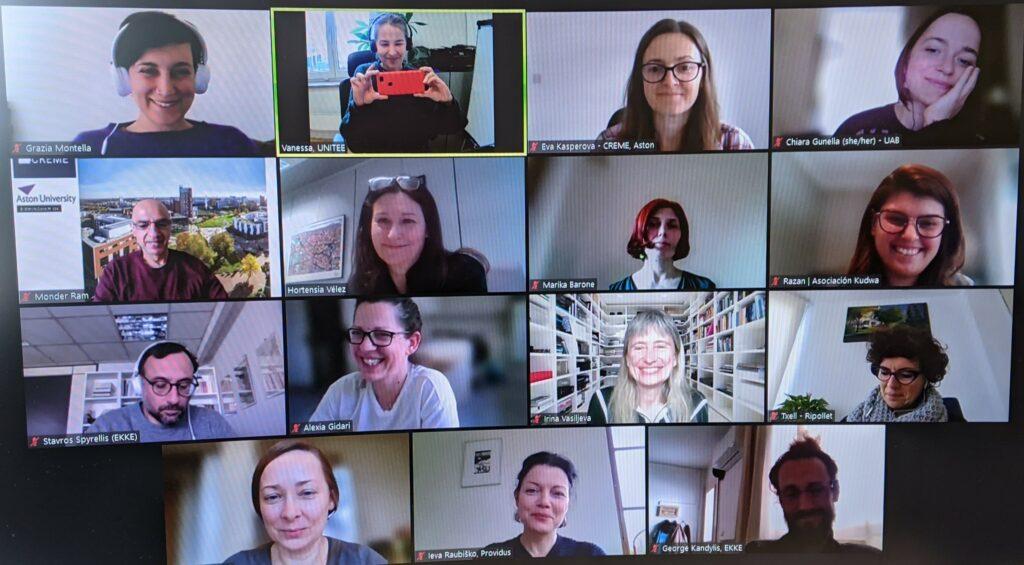
Our goals
- • Achieve a better understanding of the needs of municipalities and migrant and refugees communities in their local context;
- • Facilitate the political participation and leadership of migrants and refugees;
- • Promote the management of inclusive policy-making in municipalities;
- • Turn concrete and unique migration experiences into recommendations for better inclusion and participation policies at the local and European level;
- • Set up consultative bodies in each partnering municipality for migrants and refugees to be part of local policy- and decision-making in a structured way
- • Set up a Europe-wide network for municipalities to exchange and collaborate on migration, inclusion, diversity, and participation issues;
- • Set up a peer-to-peer exchange platform for migrant-led organisations that will constitute the backbone of future collaborations.
Our approach
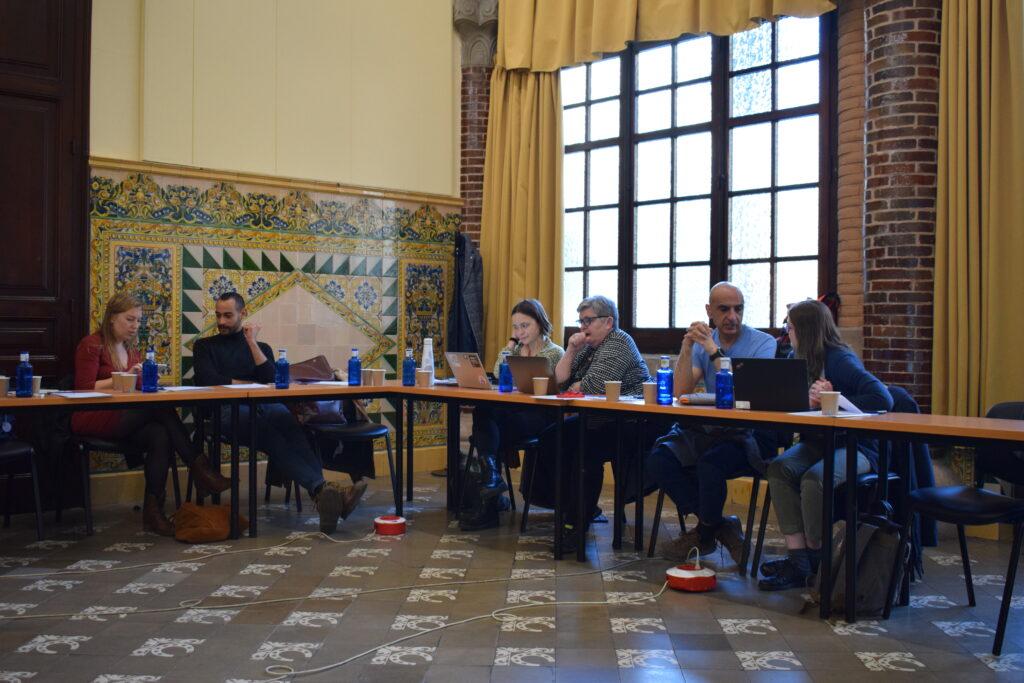
MILE is a two-year project that aims to create sustainable ecosystems of exchange and collaboration between municipalities and migrant communities. By producing tools and solutions that can be replicated and adapted to the different local contexts, we want to promote the active participation of migrants and refugees in local policy-making in areas that affect them, such as housing, education, culture, social rights, employment, and entrepreneurship.
Through its partners, MILE is able to involve municipalities, migrant communities, and research organisations that are active both at the local and the European level, each bringing to the table their own expertise and experiences around the issues of migration, diversity, and inclusion.
MILE follows a ‘science for policy’ approach, a science-based policy analysis that can help understand the gaps in the existing practices in the municipalities involved and propose effective and sustainable solutions to close those gaps.
The Integrating Cities Toolkit, developed by Eurocities, will serve as a reference point for MILE’s activities, offering guidance on European standards as well as inspiration on tools to promote cultural diversity and inclusion. Building on the toolkit and project partners’ experiences and expertise, MILE will develop its own framework and benchmarks to assess barriers and gaps in inclusive policy-making at the local and European levels.
Last but not least, MILE aims to take an intersectional approach, that takes into account the intersection of different categories of disadvantage. This way, we aim to ensure that our activities address multiple and interlocking inequities and respond to the needs of different marginalised groups within migrant communities.
Tools
MILE will produce analyses of local and European inclusion policies based on existing frameworks, such as the Integrating Cities toolkit, to guide its activites. For this, we are using benchmarks indicating levels of inclusivity and accessibility in local and European policy-making processes. The choice of common benchmarks and time frames will allow us to draw lines between the different municipalities and their inclusion policies while showcasing their unique realities, challenges, and solutions. Based on background research for each municipality and at the EU level, MILE will produce tailored responses and tools for the inclusion and participation of migrants in policy-making.
The training, designed by New Women Connectors, will be delivered in 2022 to migrant-led organisations and municipality staff. Based on both the needs of local migrants communities and municipalities, the aim is to increase the presence of migrants and refugee representatives in the policy-making process in the municipalities involved in the project and to train both to enhance their capacity for collaboration. The training for the migrant communities with focus on developing their advocacy and leadership skills while municipality staff will be trained in diversity management.
MILE will lead to the creation of consultative bodies in four municipalities – Birmingham, Ioannina, Riga, and Ripollet – relying on the experience of the cities of Amsterdam and Utrecht. These consultative bodies will include representatives of migrant communities in the respective city. By providing a space for regular and structured democratic encounters, the aim to encourage and facilitate the consultation of migrants for decisions and policies in different priority areas.
Building on the consultative bodies, MILE will set up two Europe-wide networks – one for municipalities and one for migrant-led organisations. These networks will be the backbone for future collaboration and exchange around migration, inclusion, and participation. Open to all interested municipalities and migrant-led organisations the networks will provide an opportunity for its members to exchange experiences with each other on challenges and best practices, thus empowering each other and building stronger links.
Our communication activities will include online and offline campaigns as well as events, addressing all those interested in promoting inclusive migration and integration policies as well as participation at the local level and across Europe. Our aim is to communicate in an inclusive and intersectional manner about MILE’s activities and the issues we aim to address: migration, diversity, participation, and inclusive policy-making.
Partners
The partners of the MILE project bring in their different expertise and experiences regarding migration, inclusion policies, and participation practices from six European countries: Belgium, the Netherlands, the UK, Spain, Latvia, and Greece as well as the European level. The project involves four municipalities – Birmingham, Ripollet, Riga, and Ioannina – each forming a triangle of cooperation with a local migrant organisation and a local research organisation based in the same country. The cities of Amsterdam and Utrecht contribute as supporting municipality partners.

